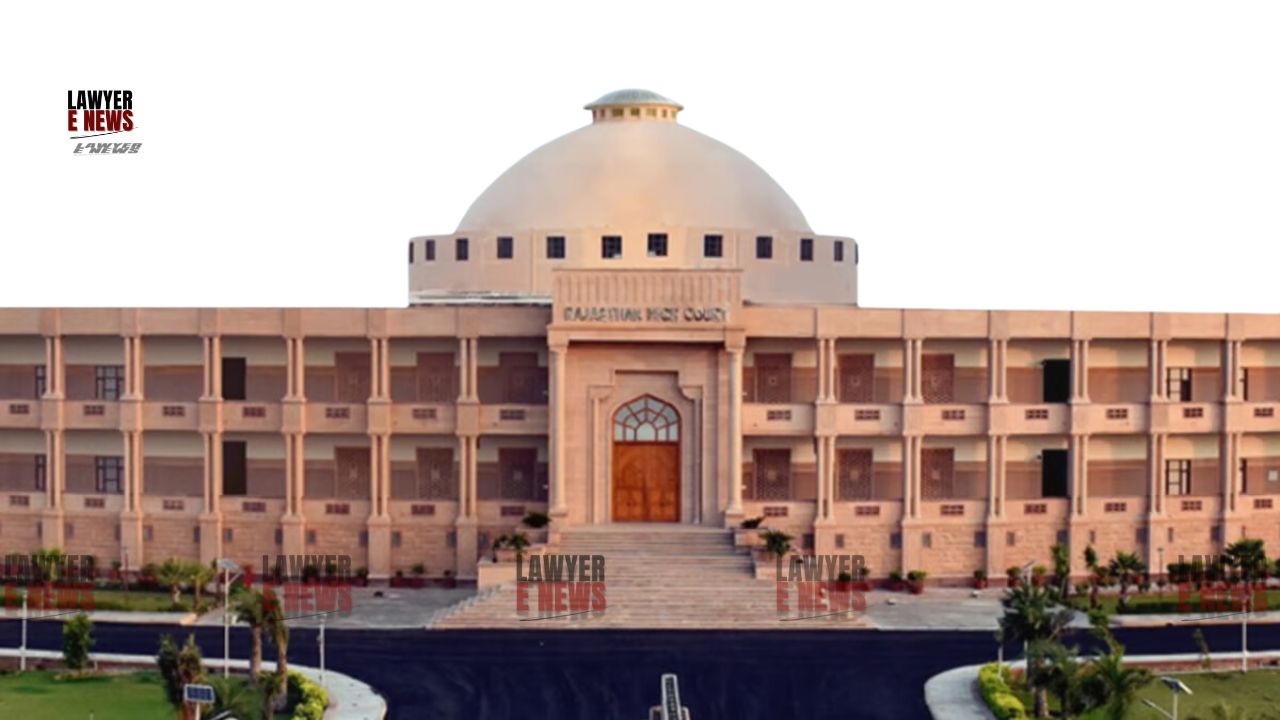-
by Admin
15 February 2026 5:35 AM



Hill Grove Institute's affiliation renewed despite Rs. 60 shortfall in online fee payment, significant penalty reduced to Rs. 1 lakh - The Rajasthan High Court, in a recent judgment, quashed the Rajasthan University of Health Sciences' (RUHS) orders imposing a hefty penalty on Hill Grove Col’s Institute of Pharmacy for a minor shortfall in affiliation fees. Justice Nupur Bhati's decision emphasized the automated nature of the fee submission process and acknowledged the good faith efforts of the petitioner institute.
Hill Grove Col’s Institute of Pharmacy, run by the Vishwa Bharti Sikshan Sansthan, sought the renewal of its annual affiliation for the academic session 2024-25. The institute followed the new online submission process and deposited the required fees. However, a discrepancy of Rs.60/- in the automatically generated total led RUHS to demand an additional penalty equal to the full affiliation fee, resulting in a significant financial burden on the institute.
Fee Submission Discrepancy: The court found that the petitioner's fee submission process was affected by the automated system of RUHS, which indicated an already deposited amount of Rs.60/-. The petitioner deposited the total generated fee of Rs.3,50,164/-, unaware of the Rs.60/- shortfall until notified by RUHS after the cut-off date.
Online Portal Confusion: Justice Bhati noted, "The shortfall of Rs.60/- while depositing the Annual Fee for affiliation is definitely a confusion created on account of the online payment on the official website of the respondent-University." The judgment pointed out that all fee-related columns, except the 'already deposited fee', were automatically generated, creating an understandable oversight by the petitioner.
Justice Bhati emphasized the need for clear communication and timely notifications by the university to avoid such discrepancies. The judgment stated, "Non-depositing of Rs.60/- cannot be said to be intentional on the part of the petitioner-institute," highlighting that the petitioner had already paid a substantial amount and would have corrected the minor shortfall if informed promptly.
Justice Bhati remarked, "It is not acceptable as once all the columns are automatically generated... the Already Deposited Fee column also seems to be generated automatically on their official website." This assertion reinforced the court's view that the discrepancy was not due to any deliberate action by the petitioner.
The Rajasthan High Court's ruling underscores the importance of clarity and fairness in administrative processes, especially in educational affiliations. By quashing the excessive penalty and directing the petitioner to pay a nominal fine of Rs.1,00,000/-, the court balanced the interests of administrative compliance with the principle of natural justice. This judgment is expected to prompt RUHS and other institutions to enhance their online processes to prevent similar issues in the future.
Date of Decision: 28 May 2024
